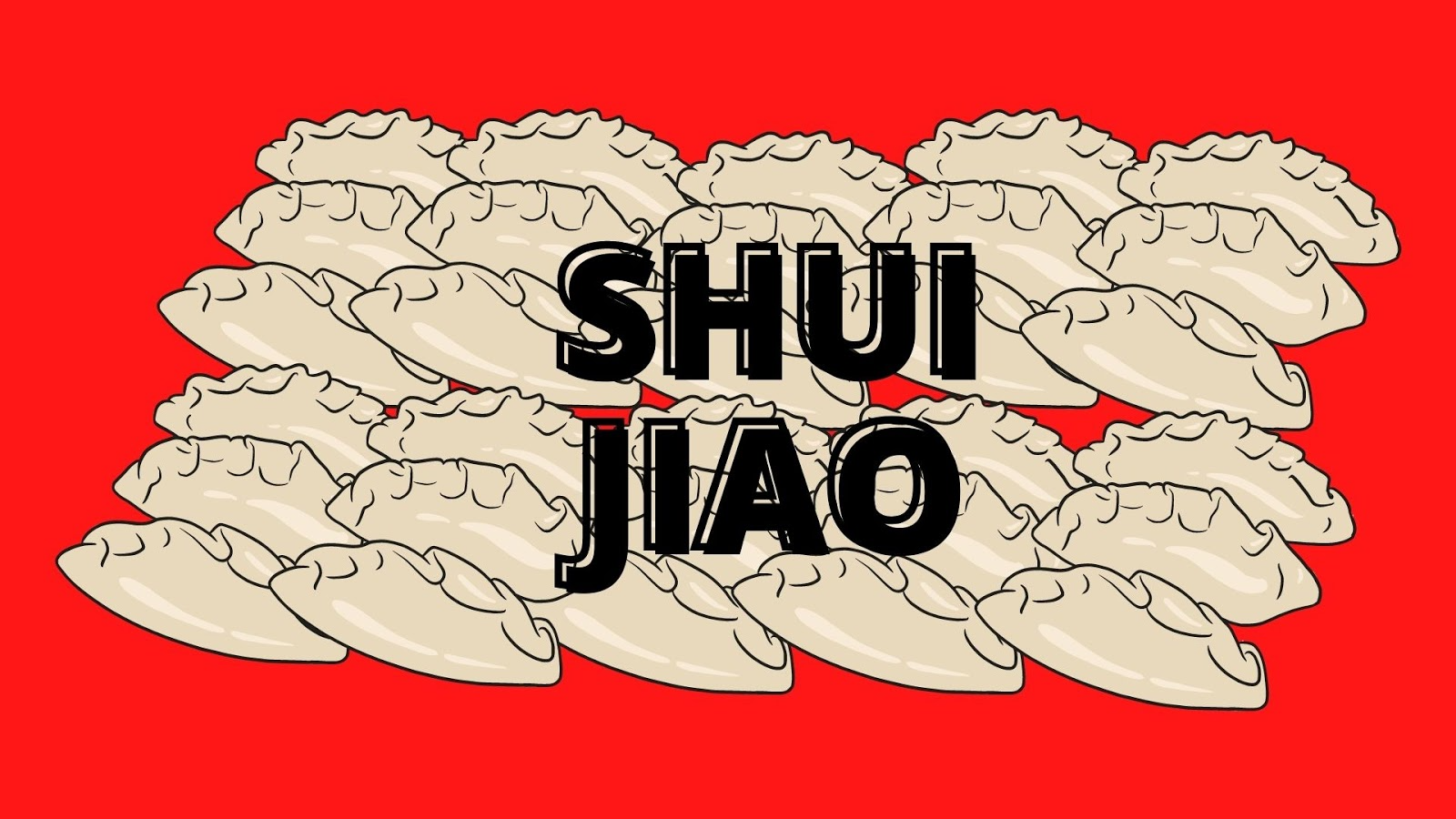
English is my third language, after Cantonese and Mandarin. When I first moved to the U.S., although my English was already quite good at that time, I still made a lot of funny mistakes.
For example, I once asked for a “chick-fil-a” at a Chick-fil-A, with chicken nuggets in mind.
I wasn’t quite sure about the differences between a toilet, bathroom, and restroom. And I ordered a mocha at a coffee shop thinking it was Matcha (抹茶 mǒ chá in Chinese).

But, to be honest, none of my mistakes were too bad. One of my Chinese friends made a mistake that was way more hilarious and embarrassing.
One time, a mutual friend of his and his host brother came to stay over. At the dinner table, his host family was discussing how to accommodate the guest.
My friend volunteered, thinking that he could share his room with his friend. But the sentence came out so wrong without him even realizing it: “If you want, you can sleep with me.” (which sounds innocent if translated literally into Chinese!)
Everybody suddenly went silent and then burst into laughter.
This story made me wonder if people make the same mistakes when learning Chinese. So I asked around and, not surprisingly, I discovered many similar stories. Here are the two main types of funny mistakes I found:
First, let’s talk about mistakes related to intonation.

We all know that Chinese is a tonal language. Your intonation affects the meaning in a significant way.
One of our Chinosity writers, Sadezia, told me that her pronunciation of the word “秘密” (mìmì, secret) got her in some awkward situations. It somehow sounds like “咪咪” (mīmī, boobs) when she says it.
Similarly, be careful about the phrase “水饺一碗多少钱” (Shuǐjiǎo yī wǎn duōshǎo qián, How much is a bowl of dumplings?).
It’s easy for Chinese learners to pronounce it as “睡觉一晚多少钱” (Shuìjiào yī wǎn duōshǎo qián, How much is it to sleep with you for a night?). So be sure to pay attention to your pronunciation!

Second, it is impossible to translate every aspect of a language. There are always subtleties that you can only learn from its original context.
For example, one of my Chinese American friends used to mix up the words “嫁” (jià) and “娶” (qǔ), which both mean “to marry” in English.
She once used a phrase similar to “我妈娶了我爸的时候” (Wǒ mā qǔle wǒ bà de shíhòu, literally: “when my mom married my dad”).
I have to say, I got confused about her family structure for a quick second. In Chinese, a man “娶” (qǔ, marries) a woman, and a woman “嫁” (jià, marries) a man. It’s a fixed expression that people are used to.
Here is another example:
“认识” (rènshi) and “知道” (zhīdào) can both be translated literally as “know.” But the meaning of the first one is usually “being acquainted with someone.”
We all have to admit that the language we use in the real world is much different from the one taught in class.
What makes learning a language charming is that you not only gain a communication tool but also have the opportunity to learn about another culture. It’s OK to make mistakes.
The more mistakes you make, the more you can learn from them. Just laugh at yourself and never be discouraged.
Leave your own language-learning trip ups in the comments!
[zombify_post]



0 Comments